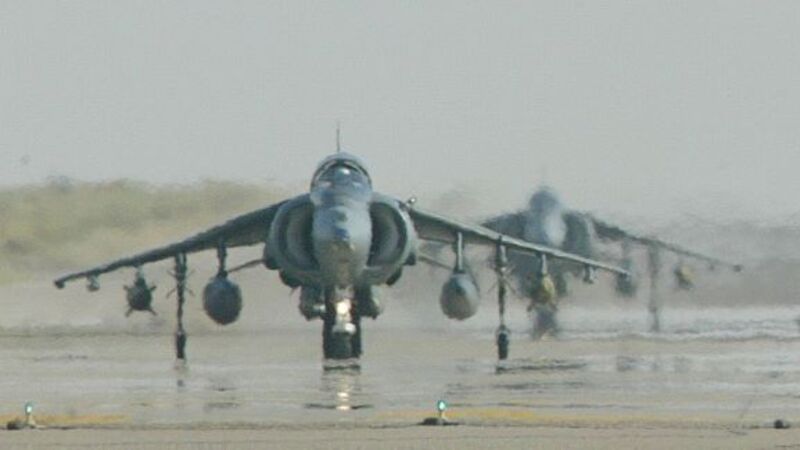Syria: No-fly zone should be first response

Thirty years ago, the Afghan mujahedin were mistaken for friends of the West when they fought Soviet invaders. But how lazy that assumption seems now, given all that has since happened.
Syria’s deepening crisis, and the criminal use of chemical weapons there, has created a similar dynamic and dilemma. But the West need not risk making the same mistake and accepting the same false choices.
















